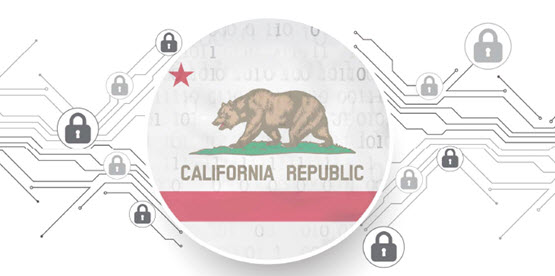
Yesterday, October 1, 2020, the U.S. Department of the Treasury’s Office of Foreign Assets Control (OFAC) issued its “Advisory on Potential Sanctions Risks for Facilitating Ransomware Payments." The advisory begins with the observation that … [Read more] about OFAC Ransomware Advisory Warns Companies of Potential Civil Liability



